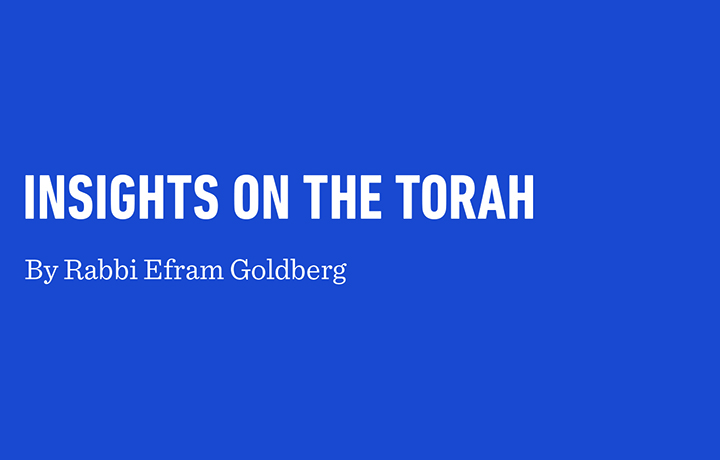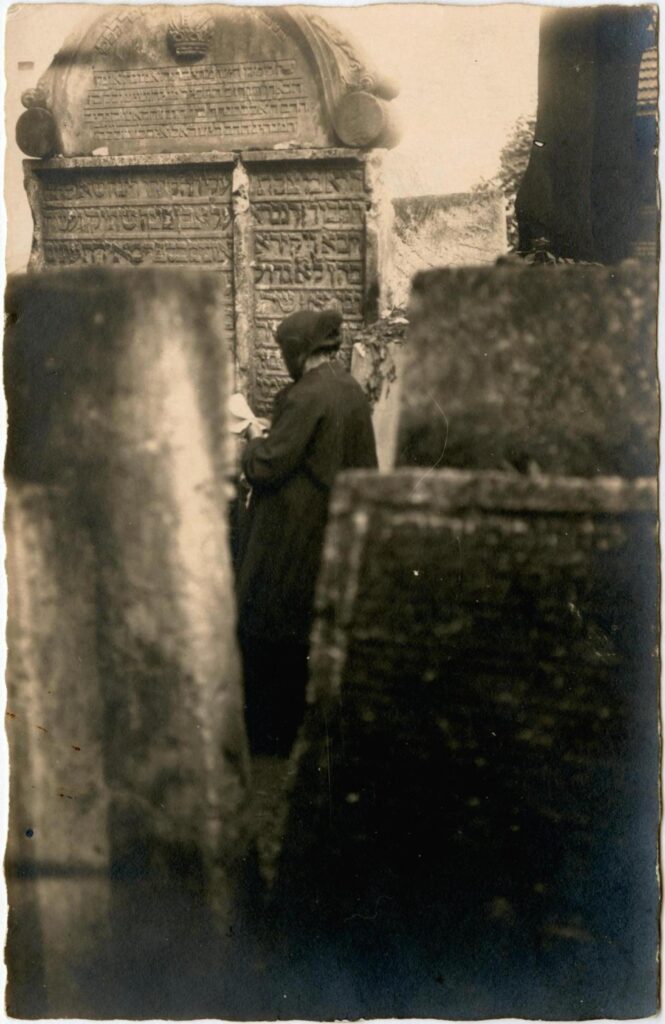Envy Of The Tzadikim
Reb Simcha Bunim of Peshischa was known for his unique emphasis on the importance of one’s individual relationship to the Ribbono shel Olam, placing self-honesty and authenticity at the center of the avodah. In Peshischa, the primary metric of success was the search for self-reliance in avodas Hashem through hard work, intensive talmud Torah, and plumbing the depths of one’s own inner world. Reb Simcha Bunim spent many years as a businessman and pharmacist, and he eschewed much of the external trappings of Chassidic courts dynasties.
Once, Reb Simcha Bunim extolled the virtues of the shtetl’s local butcher, and lavished praise on his great level of avodas Hashem, going so far as to express envy for the butcher’s Divine service in preparing for and greeting Shabbos. After a long week of cleaning, carving, and working with fleish, the butcher makes it to erev Shabbos exhausted. After hours of standing on his feet, schlepping, serving customers, and making deliveries, he finally arrives home just as the sun begins to set. With barely a moment to spare before the onset of the holy day, he quickly washes himself and changes clothing, and plops down for the first time all day, exhales deeply and whispers to himself, “Ahh, Shabbos…!”
“Oy, how I envy that butcher’s menuchas Shabbos, Sabbath rest.”
n n n
“You must keep My Sabbaths and fear My Sanctuary, I am Hashem” (26:2)
Reb Pinchas Menachem, the Sifsei Tzaddik of Piltz, was a grandson of the Chidushei haRim, the leading talmid of Reb Simcha Bunim of Peshischa. A brother-in-law of the Sefas Emes, he was a beloved leader and rebbe to thousands; unfortunately, much of his Torah thoughts, including his commentary on Shas, was lost during the Shoah. He explained the “envy” his grandfather’s rebbe had for the local butcher by identifying two distinct, parallel, and complementary values that form the holiness of Shabbos: the nature of Shabbos as a “a great and holy day,” recognizing Hashem as the Creator and Sustainer of the world, and Shabbos as a “a day of rest and holiness,” marking the way the Ribbono shel Olam completed creation with rest. While the Peshischer certainly understood the essence of the “great and holy day,” he somehow felt lacking in the fulness of the experience of simple Shabbos rest.
n n n
Menachem Begin, zt’l, was infused with a reverence for traditional Yiddishkeit since birth and went on to become a revolutionary builder of Israel and a fighter against the British occupation of Eretz Yisrael. As a commander of the Irgun, Member of Knesset, and ultimately the sixth Prime Minister of Israel, he is a symbol of Jewish pride, heroism, sacrifice, and leadership. In May of 1982, when the chairman of the governing coalition in the Knesset, MK Rav Avraham Shapira of Agudas Yisrael, asked Begin to enact a policy grounding El Al flights on Shabbos, Begin readily agreed. An arrangement recognizing and honoring Shabbat as a national day of rest had prevailed since the founding of the state and other modes of transportation did not operate on Shabbos. However, until then, El Al, Israel’s national, government-controlled airline, flew every day of the week.
In his remarkable work Menachem Begin: The Battle for Israel’s Soul, prominent author and thinker Daniel Gordis describes the expected pandemonium that ensued. Some accused Begin of capitulating to the religious “faction.” Others argued that El Al would not remain solvent, but Begin, unfazed, defended the decision in terms not of politics or economics, but of the timeless values of Klal Yisrael:
The Shabbos, the day of rest, is one of the loftiest ideals in all of human civilization. The original idea was ours. The idea is all ours. We bequeathed it to all the nations, to all the regimes… Just one nation, a nation who searched for G-d and found Him, one small nation heard the voice, saw the voices: “Guard the Sabbath to make it holy—do not do any work, you, and your son and your daughter and your male slave and your female slave and your ox and your donkey and the stranger in your gate, so that your male and female slaves may rest like you.”
As for the claim that grounding planes on Shabbos would cause irreparable financial damage, Begin replied: “We cannot start calculating profits and losses with regards to an internal value of Am Yisrael, for which our forefathers gave their lives: the Shabbat. One need not be a religious person to recognize this. If one is a proud Jew, one will accept it.”
Sefer Yereim, a halachic work on the Taryag Mitzvos by one of the greatest of the baalei haTosfos, Rebbe Eliezer of Metz, addressed the juxtaposition in our sidrah of Shabbos and the Mikdash: “Just as Hashem commands us to be in awe of and honor the Mikdash, so too He commands with regard to Shabbos… What does it mean to have yirah, appropriate awe for Shabbos? It means that a person should keep in it mind to honor Shabbos, and to ensure and be zealous in the matter” (Siman 410).
Let us take pride in our zealous observance of Shabbos Kodesh, and may our respect and appreciation for it be such that we garner the envy of the tzaddikim! n
Rav Judah Mischel is executive director of Camp HASC, the Hebrew Academy for Special Children. He is the founder of Tzama Nafshi and the author of the “Baderech” series. Rav Judah lives in Ramat Beit Shemesh with his wife Ora and their family.













